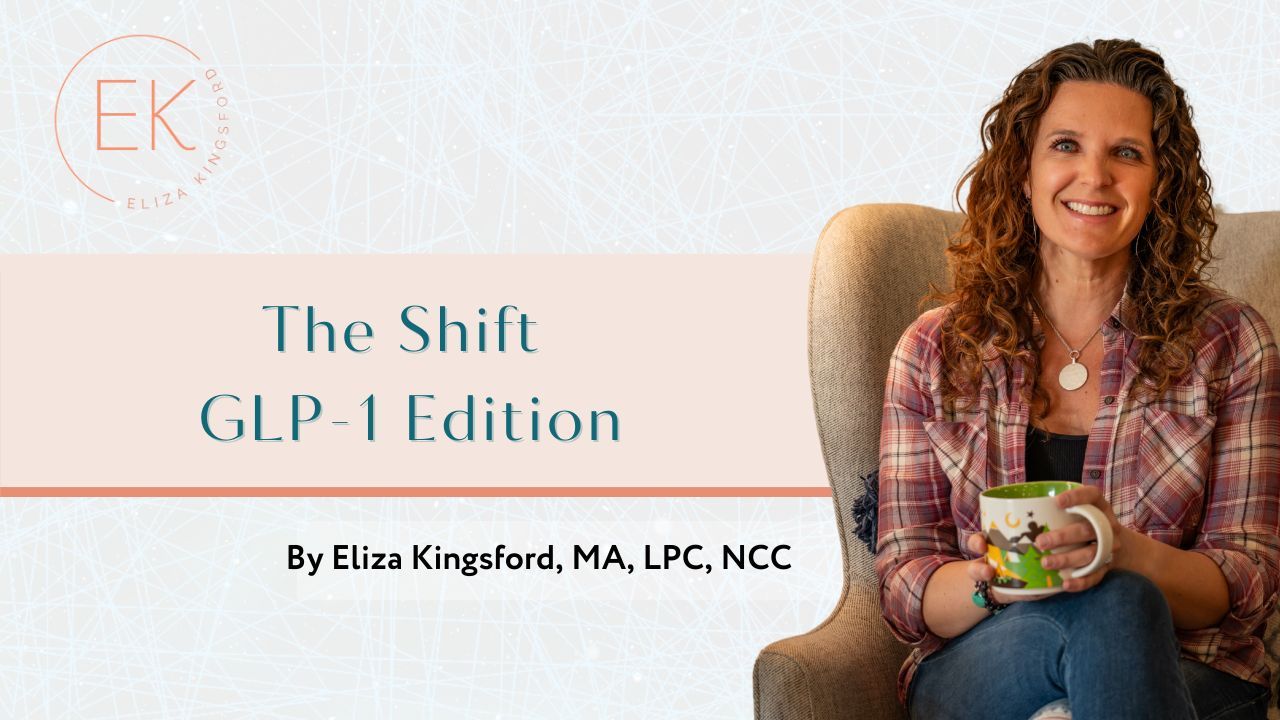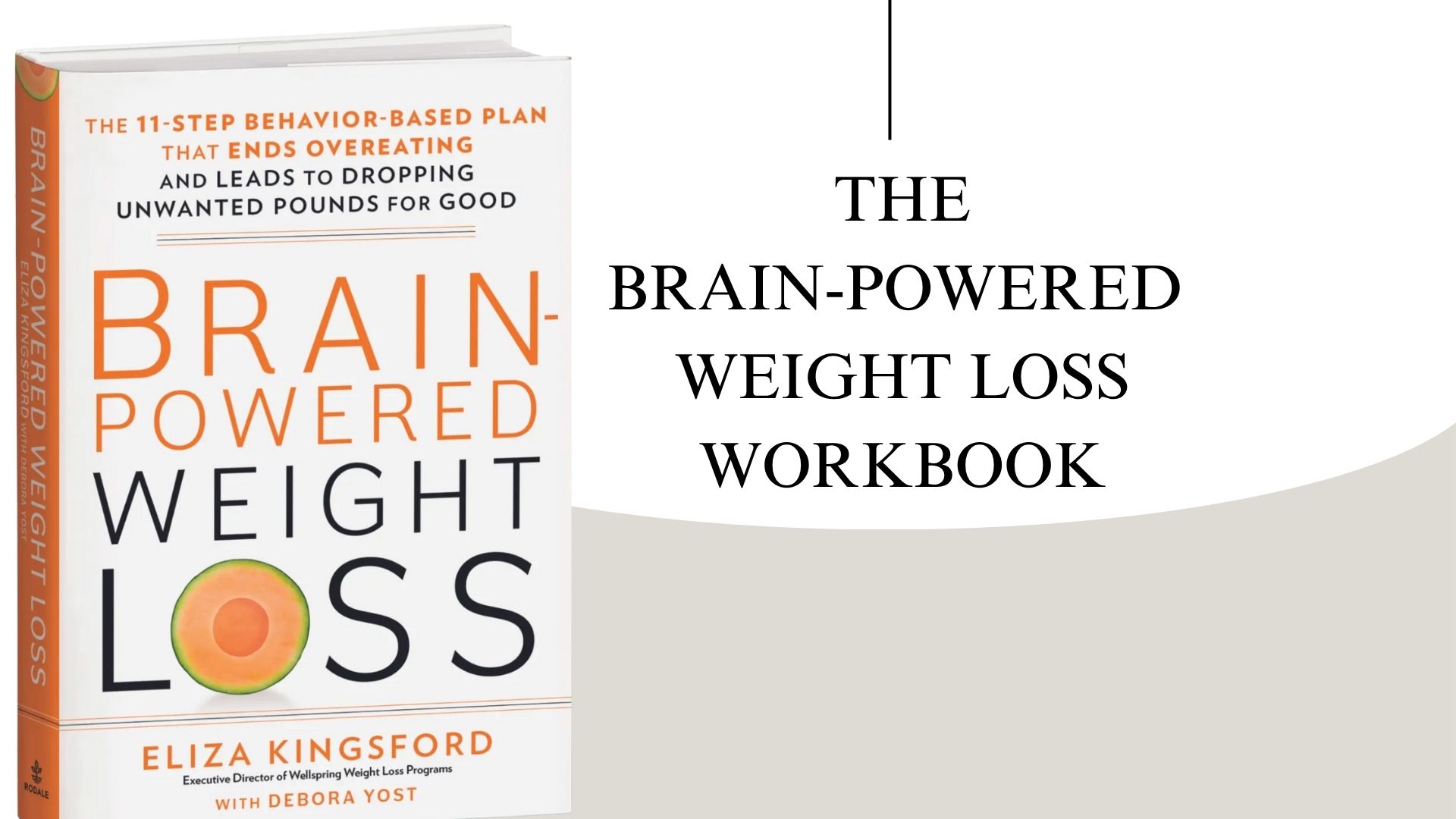
Willpower & Your Relationship With The Word “NO”
Sep 28, 2022Some people say that willpower is a finite resource, while others disagree. I think what’s important to know is that willpower shifts and changes, it’s not a fixed point. It changes based on your internal and external factors. It changes based on how you’re feeling that day, whether you’ve had enough sleep, what else you have on your plate that day, or whatever else is triggering you in your environment.
The basic takeaway about willpower is that it’s an unreliable resource. We don’t want to rely on willpower to get us to where we want to be. We need to rely on more concrete and reliable resources. Any time someone discusses willpower with me in the context of food, it’s a cue for me that they might be struggling with their relationship to saying “no”.
Your Relationship To Saying No
There are a lot of good pieces to the “anti-diet” movement. However, in my opinion, there were also unanticipated negative impacts. One of them is the “diet culture” rhetoric that sounds something like, “if you say no to something, you’re automatically dieting or restricting yourself” in other words, saying no is bad.
My take on the concept of “dieting” has a whole lot less to do with the actual content of food choices, and a lot more to do with the context.
Let me give you an example; two people can say no to a doughnut for the very same reasons (a desire to lose weight) but have a very different relationship with saying no, and therefore a very different impact.
One person says “no” while feeling very restricted or deprived, wishing they could have the doughnut but saying they “can’t”. That causes a cascade of chemicals to be released in the body telling the body it’s uncomfortable and unsafe.
Another person can say “no” to the doughnut from a place of empowerment and a knowing that the doughnut does not make them feel alignment, confidence, or ease. That person walks away feeling empowered, happy, and aligned. Both said “no”. Both said “no” because they have a desire to lose weight. One is left swimming in an emotional chemical cocktail of stress hormones, the other is swimming in an emotional chemical cocktail of ease and alignment. This internal state has an impact on their choices throughout the rest of the day.
When we look at the research on diet adherence, it’s not so much the diet or plan that you’re on but whether or not you perceive that plan as negative, restrictive, or hard that has an impact on your adherence to the plan. When we change our relationship with the plan, it has an impact on the result of the plan!
You can’t feel or experience restriction or deprivation on a regular basis and also have a peaceful and easy relationship with food. They’re incongruent. However, “anti-diet” culture would have you believe that in order to not feel restricted or deprived, you must not say no to things. You must allow everything to be a yes for you. I’ve had many a client come to me after trying this approach saying they feel worse than when they started.
It’s not the saying “no” that matters, it’s your relationship to it! But how do I change my relationship to it? You might be wondering. I’ll give you one tool below. This is one of MANY!

Urge Surfing
Practicing urge surfing allows us to become the observer of our food behaviors. When we become the observer of what we’re doing/thinking/feeling we disentangle ourselves from the battle of the urge long enough to work with it. As soon as we disentangle we have the opportunity to work with the struggle in a different way.
What we know about urges is that they crest like a wave, they arise, they build and then they come down the other side. The problem is that we usually give in to the urge as the wave is cresting. When we do that, we teach ourselves that the way to deal with our urges is to give in to them. We give in because we don’t believe it will come down, we believe it will take over. When we give in as the wave is cresting, we teach the body a new habitual response. It becomes the path of least resistance, it becomes the habitual response to having the urge.
If instead, we could practice urge surfing by becoming the observer of the urge, noticing that we have an urge, and sitting with the urge for a minute or two we just might be able to experience our urges in a meaningfully different way.
When you feel the urge start to crest like a wave, name the urge. Say, “I am having an urge for a doughnut, I am willing to sit with this urge for 60 seconds”. Notice what comes up for you in relation to this urge. Name the things you are feeling. What does it feel like? What body sensations are you noticing? After a minute or two, can you ask yourself if you still have the urge to eat the doughnut, or has it shifted and gone down in its power at all?
Just because you’re becoming the observer of your urges, doesn’t mean you automatically have to say “no” to the doughnut, it doesn’t have to be black or white, either or. It can be just enough of a pause for you to make a more mindful decision in that moment.
Does it feel good to decline the doughnut because you feel connected to your body goals? Or does it feel good to eat some (or all) of the doughnut without the accompanying guilt? You still get to decide. The key is to pause long enough to determine what choice will make you feel good after you’ve made your decision.
If you’ve been struggling with your relationship to “no”, and you want a more immersive approach to helping you heal your relationship with food and your body, you can check out my 1:1 coaching program HERE to see if we might be a good fit for working together.
The next round of The Shift, my groundbreaking small group coaching program, will begin in mid-January 2022. If you aren’t already on the waitlist for that program, I highly recommend signing up HERE


